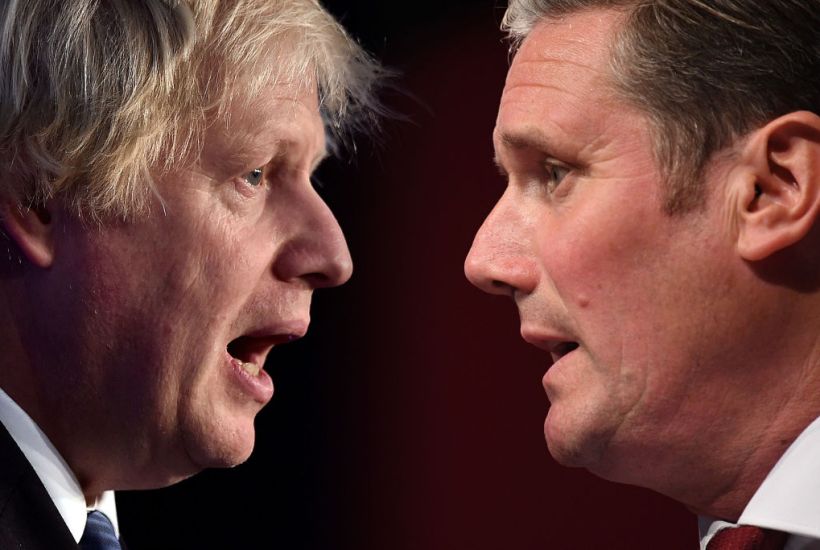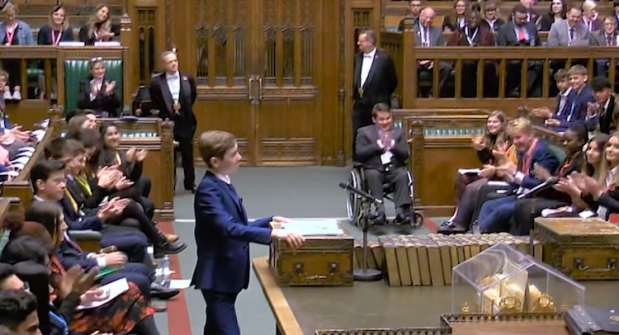We seem to be entering another era of political party expansion. There’s Laurence Fox’s new party, not to mention the quiet, faint resurgence of the Brexit Party that is likely to become louder soon enough. The peculiar thing about this is that all political parties are fairly terrible, and most of the great British public not only knows that but uses this knowledge as the backdrop to every political calculation they will make throughout their lives.
I myself have been a member of a political party; I was a Lib Dem for about a decade. This was an odd move as I am far from a joiner of anything. Yet I’m a liberal, and as the party seemed to be going in a direction I could relate to, I hopped on board. I liked the coalition government – still do – and felt very much like a Lib Dem until sometime in 2016. As the disaster of the 2015 general election slowly sunk in, the major faults of the party became all too apparent. The Lib Dems are weirdly both too broad and too narrow at the same time in terms of what they are trying to do. In their heart of hearts, they want to be all things to all people, but they are so out of touch with what Britain really needs that they end up appealing to almost no one.
If the Lib Dems were the only party beset by deep, existential problems, this wouldn’t be that big a deal. Yet the two major nationwide parties each have their own set of faults. The Conservative Party likes to present itself as a non-ideological, steady manager of the country’s finances. A flock of people dedicated to non-radical solutions to things; a Burkean bunch that will keep things sailing along nicely. They always start out in government looking like just such a party, yet something about power always rots the Conservatives from within. Perhaps part of it is their distrust of technocracy that would often serve their stated purposes well. Either way, the Tories always start back in power after a period of opposition with a ‘We will set about cleaning up the mess left by Labour in the most efficient manner possible’ vibe and then somehow end up ten years later metaphorically shouting “We have decided to tax oxygen!”’.
The Labour Party, meanwhile, are plagued by their religiosity. The members and those who work for it have an unshakable idea of their party as the only source of possible goodness in the world. This can be looked upon as a strength in that it makes leaving the church that is Labour very difficult. It is one of the things that has kept them together throughout all of their endless turmoil. Yet it is also amongst their greatest weaknesses in that it makes them much more unappealing than they need to be to anyone vaguely normal. It also makes what Keir Starmer is attempting to do at the moment, selling Labour as relevant again after years of poor leadership, all the more difficult. He’s not only trying to change direction but dogma.
Having said all that about our political parties, here’s the sad truth: we absolutely need them. Not only that, we need at least some portion of the population to buy into these entities deeply enough to become members. Without that, the system starts to fall apart, way more than it is already. There’s an argument that we could do without parties altogether; that a House of Commons full of independent MPs would be a vast improvement. It wouldn’t. It would never, ever work. Nothing would ever get done. How would you put together a government? Who would be prime minister? The truth is, for all of the mythos surrounding the idea that every MPs in an individual, selected by their constituents to represent them, most people at general elections vote for a party and even more specifically, for who gets to inhabit Number 10.
Most people have a wildly different idea of what the value of political parties are than you would ever get a sense of if you spend all your time in Westminster. I recall years ago working on a campaign with a long-time Labour person who could not fathom how anyone could vote Labour in one election and Tory the next. And yet it happens all the time – now more than ever. The political class is still adjusting to the fact that old loyalties have broken down and what that means. Whomever understands this best has a great chance of winning the next general election.
Got something to add? Join the discussion and comment below.
Get 10 issues for just $10
Subscribe to The Spectator Australia today for the next 10 magazine issues, plus full online access, for just $10.




















Comments
Don't miss out
Join the conversation with other Spectator Australia readers. Subscribe to leave a comment.
SUBSCRIBEAlready a subscriber? Log in